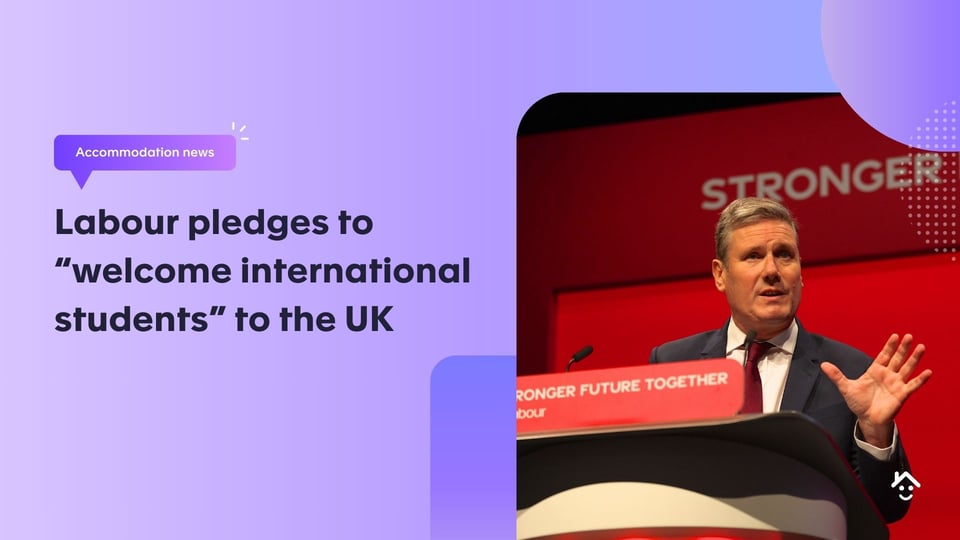Labour pledges to “welcome international students” to the UK

In a move that signals a departure from previous Conservative policies, the new Labour government has committed to maintaining the graduate route for international students, offering a lifeline to UK universities struggling with financial instability.
Speaking on BBC’s Today programme, Education Secretary Bridget Phillipson emphasised the importance of international students to the UK’s economy and global influence.
“We recognise the difference international students make when it comes to the local economy and to regeneration … the soft power and the reach they give us around the world as they return home after their studies,” Phillipson stated.
The announcement comes as a relief to the higher education sector, which has faced uncertainty following a review of the Graduate Route visa earlier this year.
Phillipson’s commitment to maintaining this pathway marks a clear shift from the previous administration’s approach, which she criticised as unnecessarily confrontational.
“What we had under the Conservatives was a fascination and fixation with picking fights with the sector completely needlessly, just using universities as a source of cheap headlines. That is now at an end but we need to get the regulation right,” Phillipson declared.
The Education Secretary’s comments come at a critical time for UK universities.
Earlier this year, study visa applications plummeted to record lows following the introduction of rules banning taught masters students from bringing dependents.
This policy, coupled with the review of the Graduate Route and negative messaging surrounding migration, significantly damaged the UK’s attractiveness as a study destination.
Viviene Stern, chief executive of Universities UK, highlighted the urgent need for government action.
“The biggest difficulty for universities this year has been caused by the fast downturn in student numbers,” she said, adding, “The government needs a positive statement that universities are welcome and that the graduate route is going to stay.”
The financial crisis facing UK universities has not gone unnoticed by the media. The Sunday Times recently described the situation as a “catastrophe”, reporting that more than a third of the sector – 66 universities – have been forced to cut jobs and courses.
BBC education editor Branwen Jeffreys provided context to the crisis, explaining, “The real value of student fees has fallen substantially because of inflation, and as a result of that, universities have become heavily reliant on recruiting from China, India and Nigeria.”
The recent hit to recruitment from these markets due to policy changes and currency fluctuations has exposed the vulnerability of university finances tied to international student recruitment.
Despite the positive stance on the graduate route, Phillipson stopped short of offering direct financial support to struggling institutions.
When questioned about the possibility of raising tuition fees in line with inflation or acting as a “lender of last resort”, she emphasised the autonomous nature of universities and their responsibility to manage their own budgets.
“Universities are autonomous and there are expectations around how they manage their budgets, I would expect them to do that without seeking any calls on the taxpayer,” Phillipson stated.
She added, “We need to see a sharper focus on the regulation of our sector to make sure that universities are on a firm footing.”
The Labour government’s approach appears to be one of regulatory oversight rather than direct intervention. This stance may provide some reassurance to the sector but leaves questions about how universities will navigate their immediate financial challenges.
If you are interested in letting your property to students, accommodationforstudents.com is the no.1 student accommodation service in the UK.



